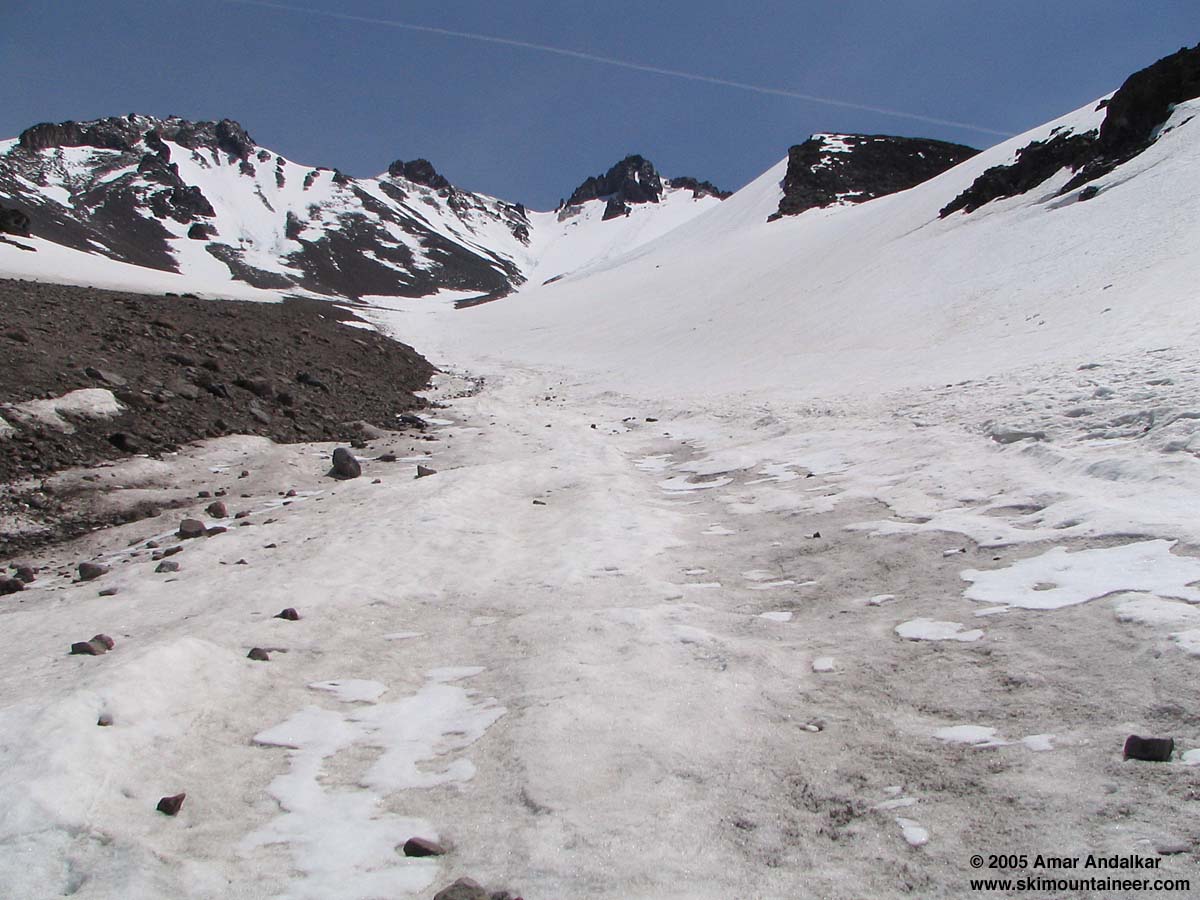 Literally a year ago today, I posted a story about how dust from cattle grazing, off-road vehicles, and other disturbances has been found to be causing earlier snowmelt in Western U.S. Mountain ranges.
Literally a year ago today, I posted a story about how dust from cattle grazing, off-road vehicles, and other disturbances has been found to be causing earlier snowmelt in Western U.S. Mountain ranges.Well now, in a new study, U.S. scientists have found that "dirty snow" is a significant contributor to global warming. As reported by The Province of Canada:
The researchers have measured how snowy landscapes tainted by carbon particles from inefficiently burned fuels and forest fires are absorbing more of the sun's heat than the less sooty snow cover of centuries past.
"Snow becomes dirty when soot from tailpipes, smokestacks and forest fires enters the atmosphere and falls to the ground," the team explains. "Soot-infused snow is darker than natural snow. Dark surfaces absorb sunlight and cause warming, while bright surfaces reflect heat back into space and cause cooling."
Even a slightly darkened surface impairs the natural reflective properties of snow crystals, say the scientists, who calculated that dirty snow accounts for a startling one-third of rising temperatures in the Arctic over the past two centuries.
I've recently commented on several stories (including the recent National Geographic) noting how the melting of glaciers is accelerating unexpectedly quickly. And I've been pondering how while we can pinpoint some of what's causing this, we just have no idea about many of the feedbacks we're triggering that are causing these changes. Until some creative scientists such as those above test a hunch and come up with positive results, and identify a new mechanism contributing to global warming.
I read articles like this - about pollution darkening snow, which then melts, and then the darker color of the melted areas absorbs more heat, further accelerating warming...
And it just blows me away - a reminder of that phrase, "the more I know, the more I know I don't know".
No comments:
Post a Comment